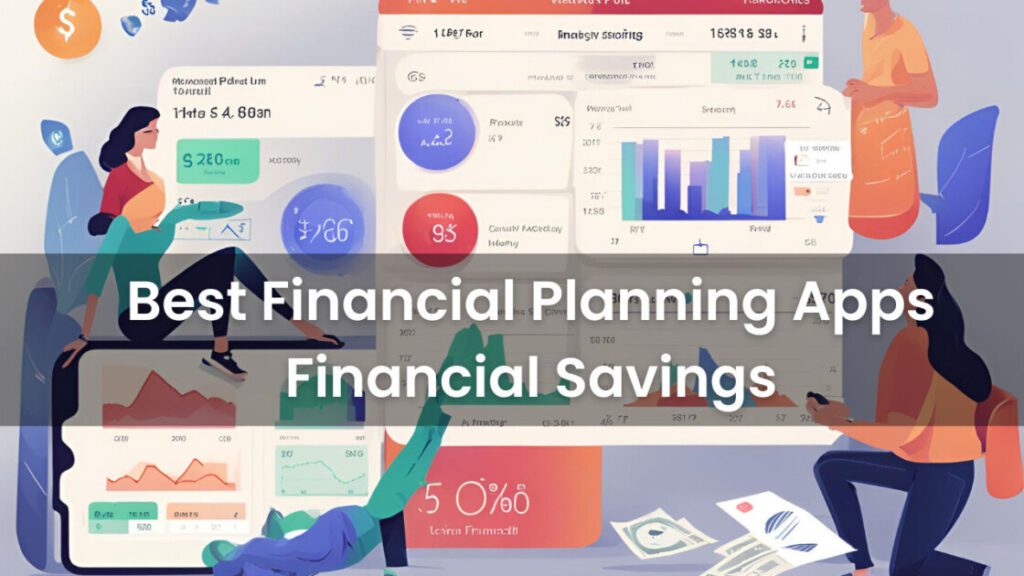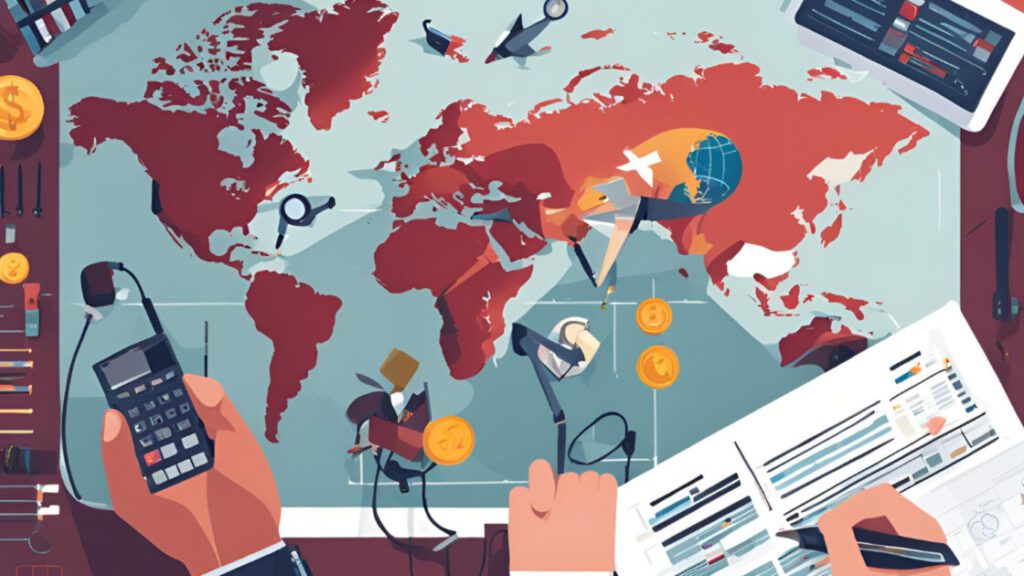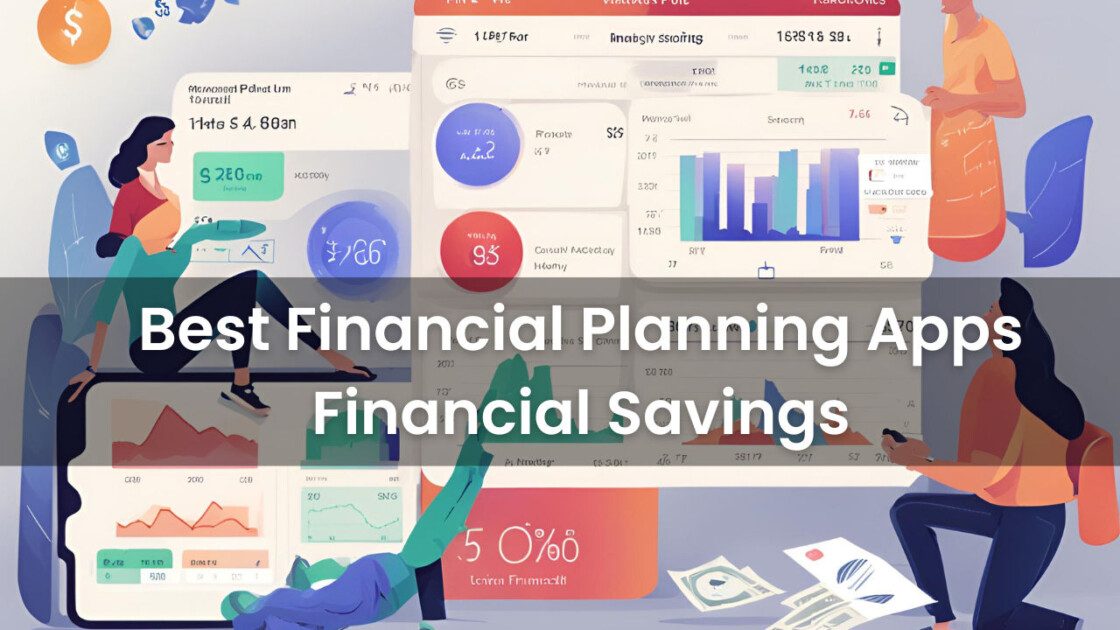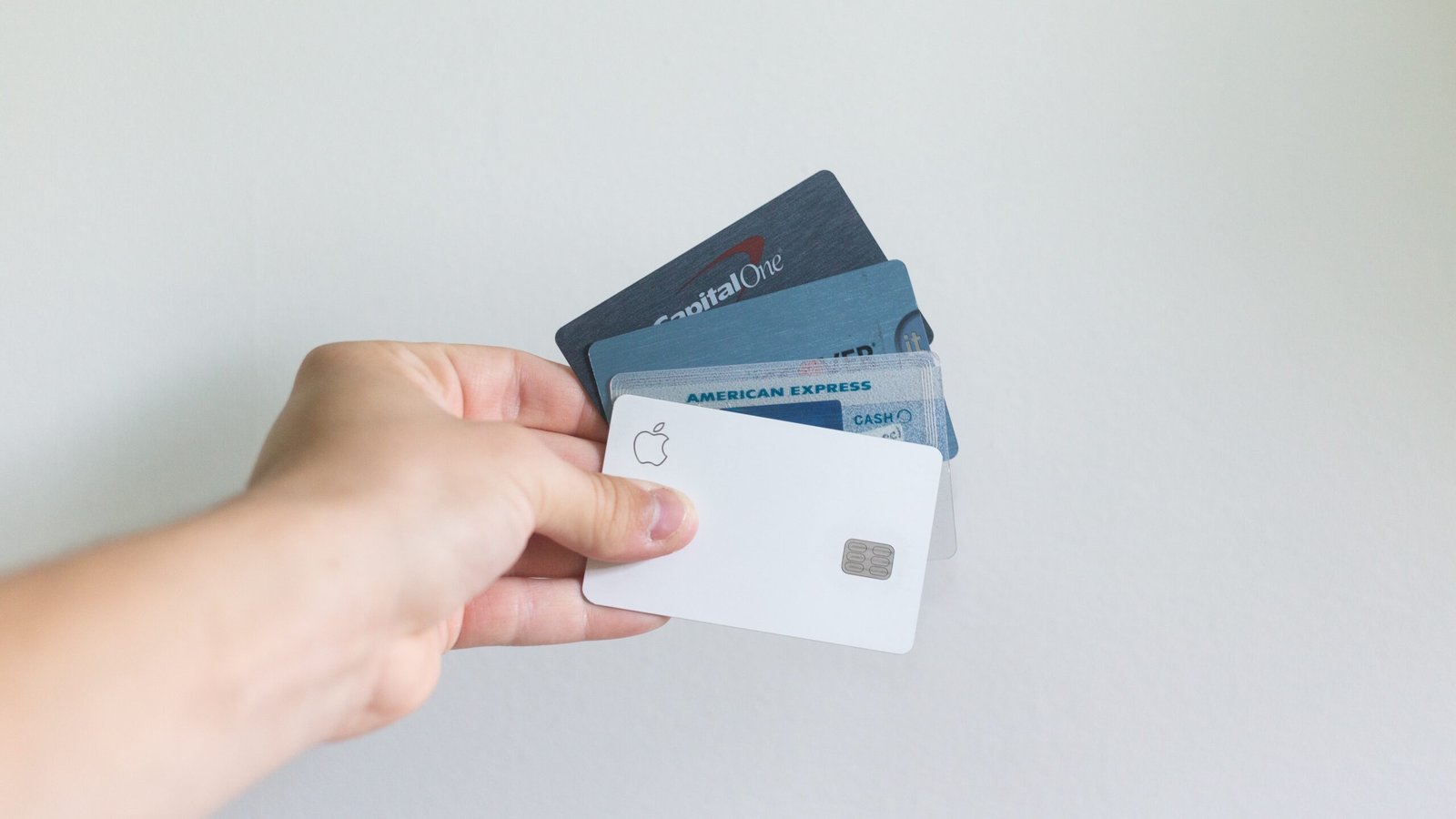Mastering Your Money: Financial Tools for International Savvy Spenders
Financial Savings |Robo Financial Advisors | Best Financial Planning Apps | Apps For Budgeting | Budgeting Apps For Couples | Khan Academy Personal Finance | Cnbc Personal Finance| Conquering your finances can feel like climbing Mount Fuji – daunting but ultimately rewarding. The good news? You don’t have to go it alone. International audiences now have a wealth of resources at their fingertips to boost their savings, invest strategically, and create a budget that works for their lifestyle.

Grow Your Nest Egg: Saving & Robo-advisors
Building a secure financial future starts with saving. But with global markets and various currencies, where do you begin? Many international banks offer competitive savings accounts. Additionally, “robo-advisors” are automated investment platforms that can help you invest for your goals, often with lower fees than traditional advisors.
Here are some Robo-advisors to consider:
- Betterment
- Wealthfront
- Schwab Intelligent Portfolios (Charles Schwab)
- Vanguard Digital Advisor (Vanguard)
- Ellevest
- SoFi Automated Investing
Financial Planning Apps: Taking Control
Financial planning apps are your digital gurus, providing a holistic view of your income, expenses, and savings goals. Popular options include:
- Best Overall: You Need a Budget (YNAB): This app utilizes “zero-based budgeting,” ensuring every dollar is allocated.
- Best for Couples: Honeydue: Designed for shared financial management, Honeydue fosters transparency and teamwork.
- Free and Comprehensive: Mint: This app by Intuit provides a clear snapshot of your finances, including budgeting tools and bill reminders.
Financial planning apps can be powerful tools to help you manage your money, achieve your financial goals, and take control of your financial future. Here’s a breakdown of some popular options across different categories:
Best Overall:
- You Need a Budget (YNAB): This app utilizes a unique “zero-based budgeting” approach, ensuring every dollar has a purpose.
Best for Couples:
- Honeydue: Designed specifically for shared financial management, Honeydue fosters transparency and teamwork between partners.
Free and Comprehensive:
- Mint (by Intuit): This popular app provides a clear snapshot of your finances, including budgeting tools, bill reminders, and investment tracking (with linked accounts).
Other Notable Apps:
- Personal Capital: Offers wealth management tools like net worth tracking, investment analysis, and retirement planning features.
- PocketGuard: Helps track spending and identify areas to save by analyzing your income and bills.
- Simplifi by Quicken: Provides budgeting tools, bill pay, and financial goal setting functionalities.
Additional Considerations:
- Features: Consider which features are most important to you, such as budgeting tools, bill pay, investment tracking, or goal setting.
- Fees: Some apps offer a free basic tier with limited features, while others require a subscription fee for full functionality.
- Security: Choose an app with strong security measures to protect your financial data.
Remember: The best financial planning app is the one that works best for you. Research various options, explore free trials, and consider your financial needs and goals before making a decision.
Khan Academy & CNBC: Free Financial Education Powerhouses
Learning is key to financial empowerment. Khan Academy’s personal finance course offers a comprehensive curriculum on saving, budgeting, and investing, all absolutely free. CNBC, a leading financial news channel, provides a wealth of articles and video tutorials on their website [CNBC personal finance].
Remember: When choosing financial tools, consider factors like fees, security, and features that align with your financial goals. With the right resources and a proactive approach, you can transform your finances and achieve financial freedom, wherever you call home.
International Considerations: Tailoring Your Financial Toolkit
While the resources mentioned above are fantastic starting points, there are a few key points to remember for international audiences:

- Currency Fluctuations: Factor in potential currency fluctuations when saving or investing. Research platforms that offer multicurrency accounts or investment options.
- Tax Implications: Tax laws vary greatly between countries. Consult a tax professional to ensure you’re optimizing your savings and investments for your specific tax situation.
- Local Financial Regulations: Robo-advisors and financial apps may not be available in all countries or may have limited features. Research local regulations and available options.
Beyond the Apps: Building a Global Financial Strategy
Digital tools are powerful allies, but a well-rounded financial strategy goes beyond apps. Here are some additional tips for international savers:
- Emergency Fund: Build an emergency fund in a local currency to cover unexpected expenses.
- Debt Management: Develop a plan to pay off high-interest debt. Prioritize high-interest rate credit cards or local loans.
- Retirement Planning: Explore retirement savings options available in your country. Many countries offer tax-advantaged retirement accounts.
- Global Diversification: Consider diversifying your investments across different asset classes and geographic regions to mitigate risk.
International Resources:
- The World Bank offers a variety of resources on financial inclusion and planning for developing economies [World Bank financial inclusion].
- The Organisation for Economic Co-operation and Development (OECD) provides financial education resources and country-specific reports [OECD financial education].
By combining digital tools, sound financial planning, and a global perspective, you can navigate the exciting world of international finance and secure your financial future. Remember, knowledge is power. Take charge of your finances and embark on a rewarding journey towards financial mastery!
Bonus: Financial Lingo for Global Citizens
Financial terms can vary slightly between countries. Here’s a quick glossary to empower you in your financial journey:
- Currency Exchange Rate: The relative value of one currency compared to another.
- Diversification: Spread your investments across different asset classes (stocks, bonds, real estate) and geographic regions to reduce risk.
- Emergency Fund: A pool of savings set aside to cover unexpected expenses like medical bills or car repairs.
- High-Interest Debt: Debts with interest rates that accrue quickly, such as credit cards or personal loans.
- Robo-Advisor: An automated investment platform that uses algorithms to create and manage investment portfolios.
- Tax-Advantaged Account: A retirement savings account where contributions and/or earnings grow tax-free until withdrawal.
Remember: This glossary is not exhaustive. Research financial terms specific to your country for a deeper understanding.
The Final Word:
Financial literacy is a superpower for international citizens. By harnessing the resources and tools available, you can navigate the complexities of global finance with confidence. Take control of your financial future, and embark on a journey towards a life of financial security and freedom.
FAQ: Mastering Your Money – International Edition
Q: What are some popular budgeting apps?
A: Several options exist, but some top picks include You Need a Budget (YNAB) for zero-based budgeting, Honeydue for couples, and Mint for a free and comprehensive overview.
Q: Where can I learn more about personal finance for free?
A: Khan Academy offers a fantastic personal finance course, and CNBC provides a wealth of articles and video tutorials on their website.
Q: I live outside the US. Are these resources still relevant?
A: Absolutely! The core financial principles apply globally. However, be mindful of international considerations like currency fluctuations, tax implications, and local regulations for financial apps.
Q: What should I do about debt?
A: Focus on paying off high-interest debt first, such as credit cards or personal loans. Develop a plan to tackle this debt alongside your savings goals.
Q: How can I diversify my investments internationally?
A: Research robo-advisors or investment platforms that offer multicurrency accounts or geographically diverse investment options.
Q: Where can I find more information about financial planning in my country?
A: The World Bank and OECD offer resources on financial inclusion and education, often with specific reports for your country.
Q: This is all overwhelming! How do I get started?
A: Take it one step at a time! Gather your financial statements, set SMART goals, choose your tools, and automate your finances. Regularly review and refine your plan as needed.
Financial Savings, Robo Financial Advisors,Best Financial Planning Apps,Apps For Budgeting,Budgeting Apps For Couples,Khan Academy Personal Finance,Cnbc Personal Finance
Remember: Financial literacy is a journey. Be patient, stay focused, and celebrate your achievements!



![भारतीय मौसम विज्ञान विभाग (IMD): मौसम पूर्वानुमान, चेतावनी प्रणाली और जलवायु रिपोर्ट 2026 [पूर्ण जानकारी]](https://marathibanna.com/wp-content/uploads/2026/01/भारतीय-मौसम-विज्ञान-विभाग-IMD.webp)





